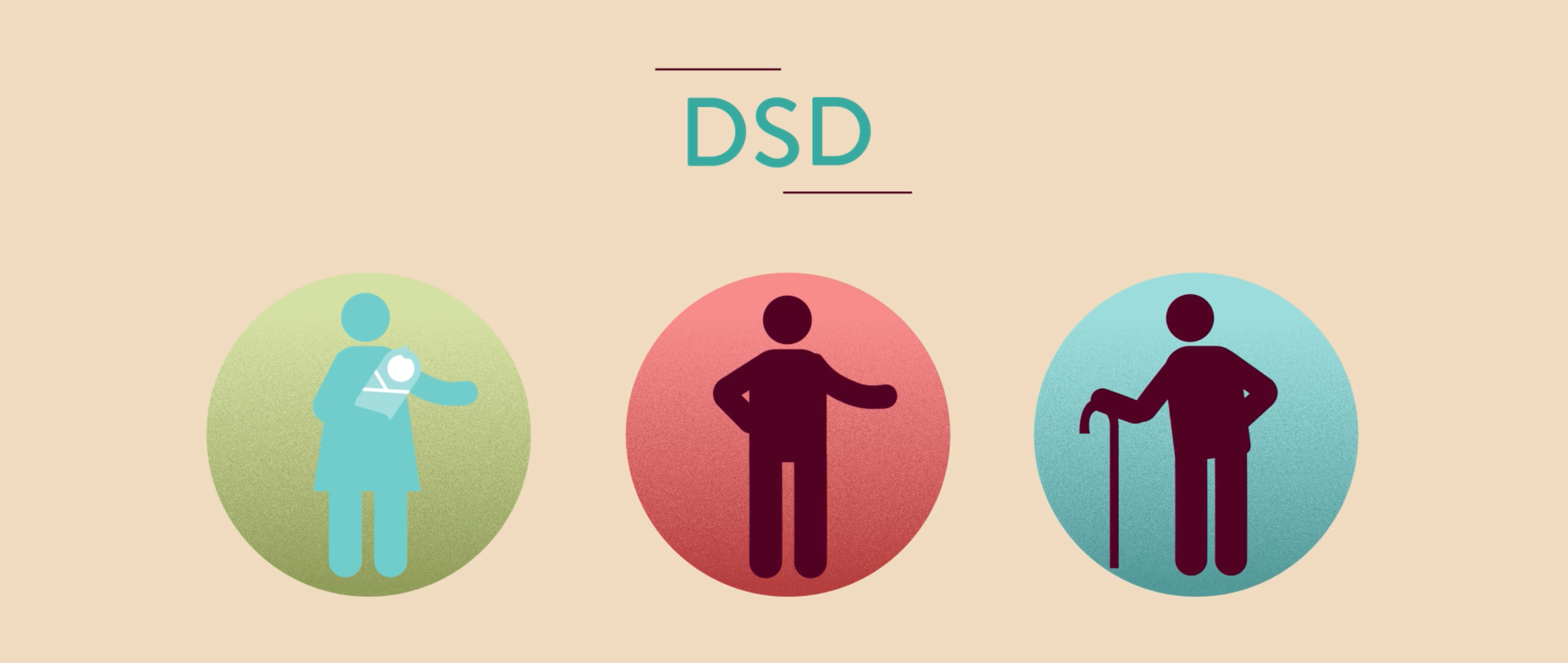Treatment education is at the core of ITPC’s work to empower people living with HIV and their allies with information about HIV treatment and access issues.
Our goal is to ensure that communities have the information they need to decide what to fight for, why to fight for it and how to fight for it.
That’s why we’re proud to introduce our new animated video series that helps explain some of the biggest trends in the treatment access movement today.
First up: DIFFERENTIATED SERVICE DELIVERY
Global HIV targets – like UNAIDS 90-90-90 and the WHO 2015 ‘Treat all’ recommendation – have led already overstretched health systems to re-examine how they provide HIV services. Meeting these challenges calls for modifying and expanding how, when, where and by whom HIV care and treatment are delivered – this is known as differentiated service delivery (DSD).
Watch this short animation to learn more!
